June 18, 2025
AgileAcoustics Unveils hilo.work- the World’s first electric height-adjustable office privacy screen
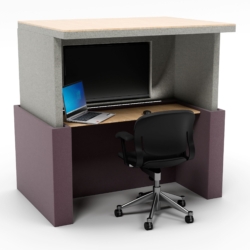 AgileAcoustics has announced the launch of hilo.work, the world’s first electric height-adjustable office privacy screen system, which debuted to great acclaim at the recent Clerkenwell Design Week 2025 in London. Crafted and manufactured in West Yorkshire, hilo.work empowers users to adjust screen height to suit focus, privacy, or collaboration, seamlessly adapting acoustic environments in real time. Whether raising screens to reduce noise and distractions or lowering them to foster openness, the intuitive electric system gives individuals control over their workspace. (more…)
AgileAcoustics has announced the launch of hilo.work, the world’s first electric height-adjustable office privacy screen system, which debuted to great acclaim at the recent Clerkenwell Design Week 2025 in London. Crafted and manufactured in West Yorkshire, hilo.work empowers users to adjust screen height to suit focus, privacy, or collaboration, seamlessly adapting acoustic environments in real time. Whether raising screens to reduce noise and distractions or lowering them to foster openness, the intuitive electric system gives individuals control over their workspace. (more…)




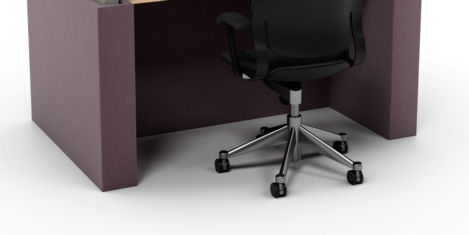

 Workforces need to evolve now more than ever.
Workforces need to evolve now more than ever. 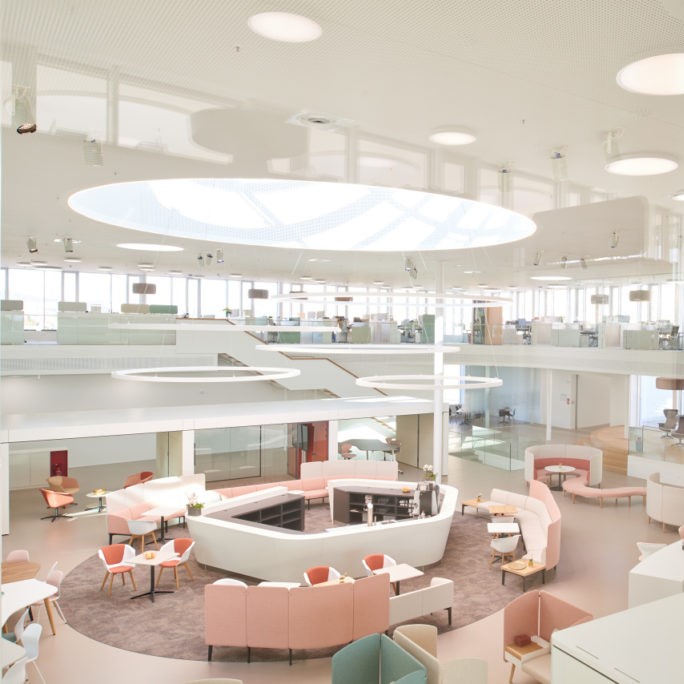








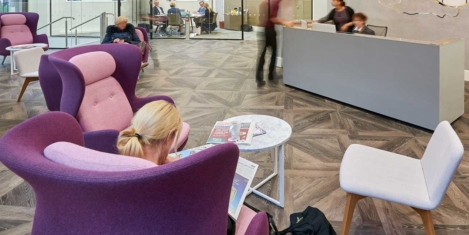
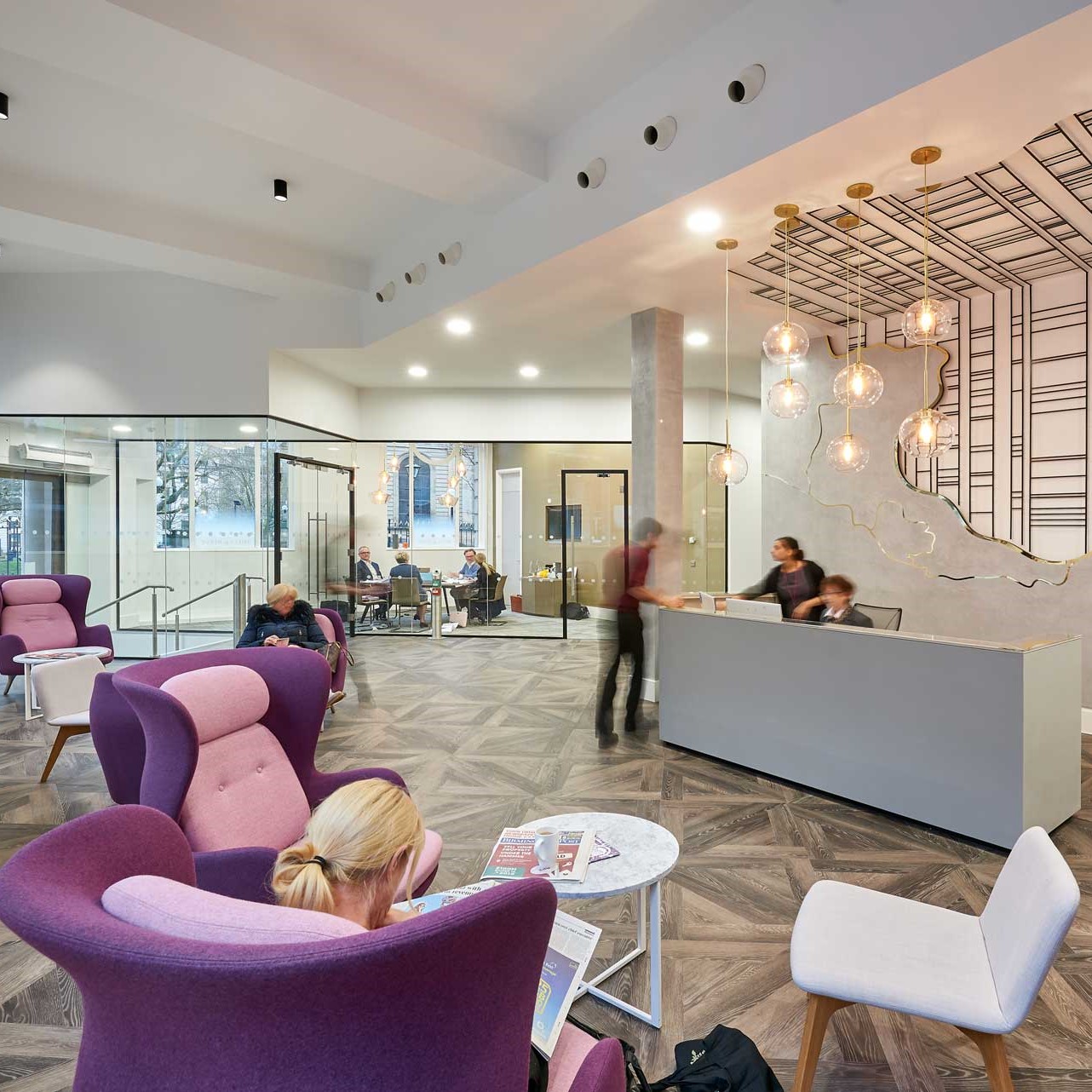
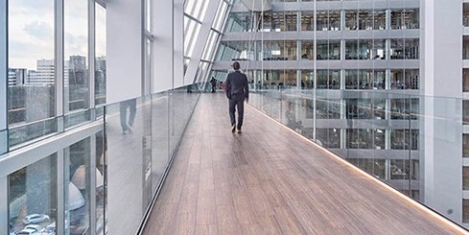
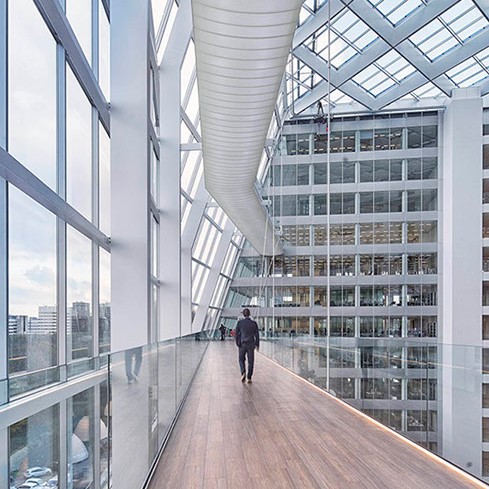
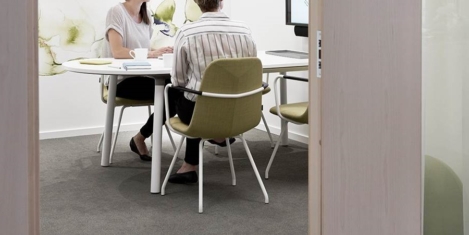
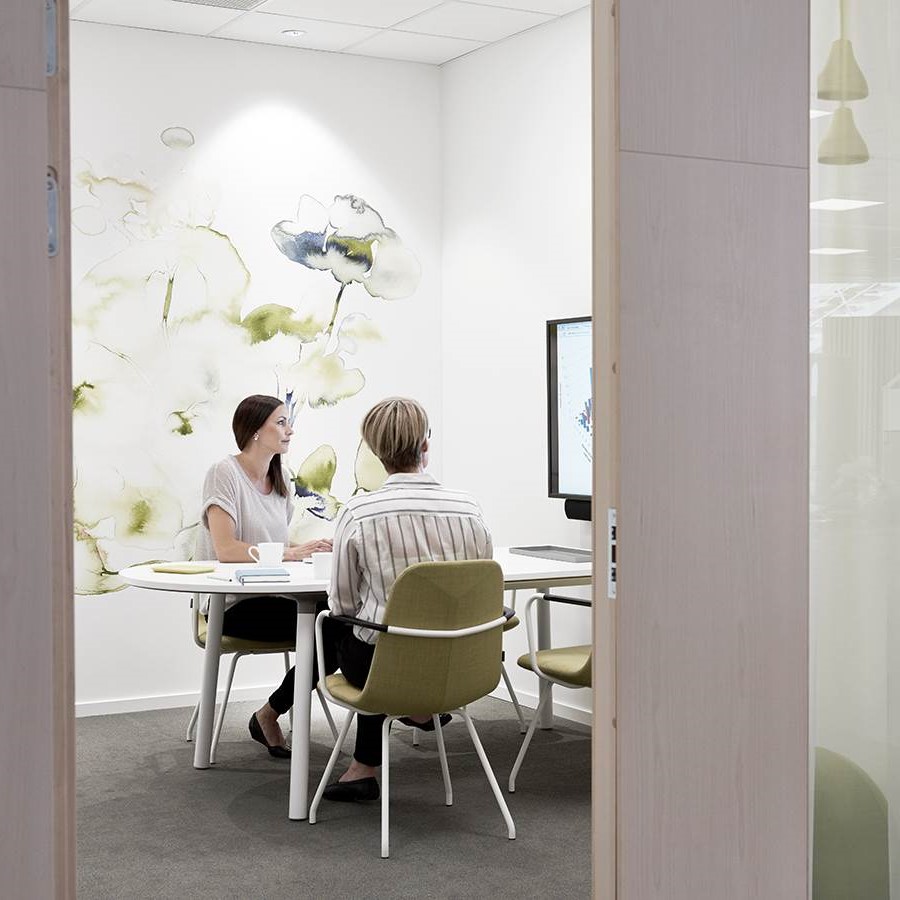
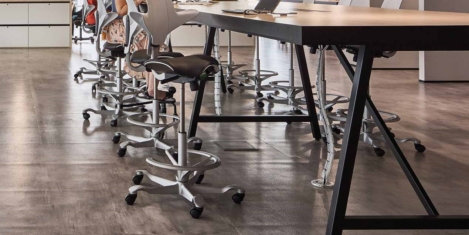
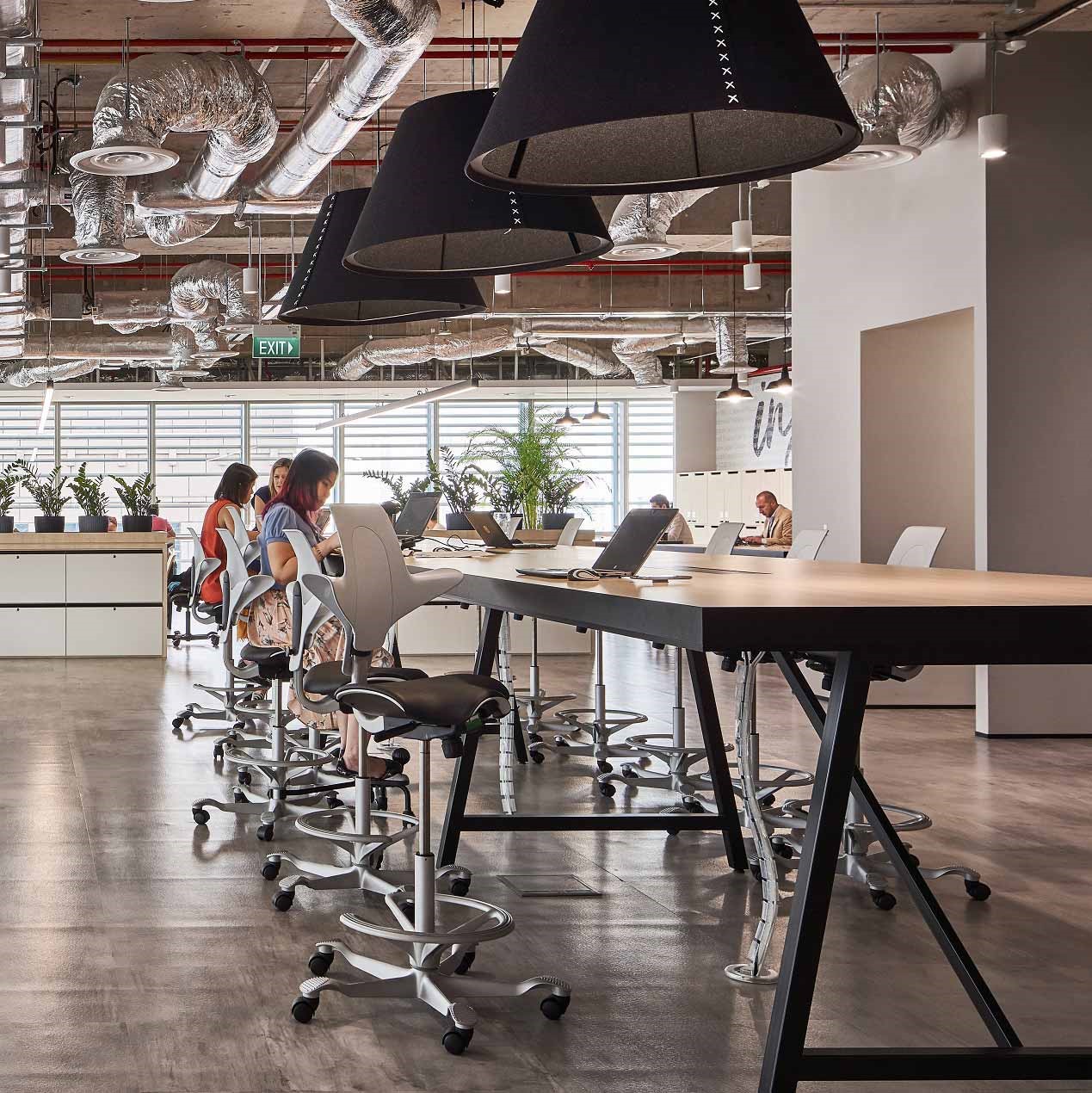








February 2, 2024
Life at the coalface: How the agile workplace first appeared in the mid 20th Century
by Mark Eltringham • Comment, Wellbeing, Workplace design